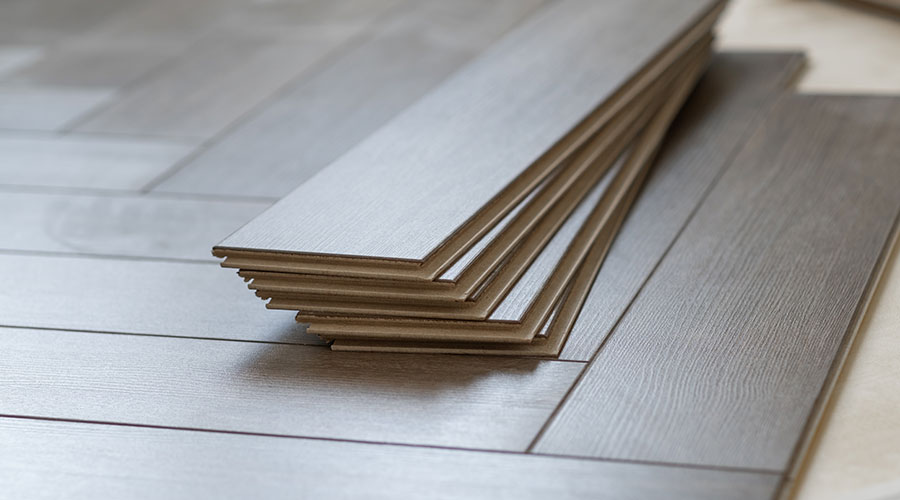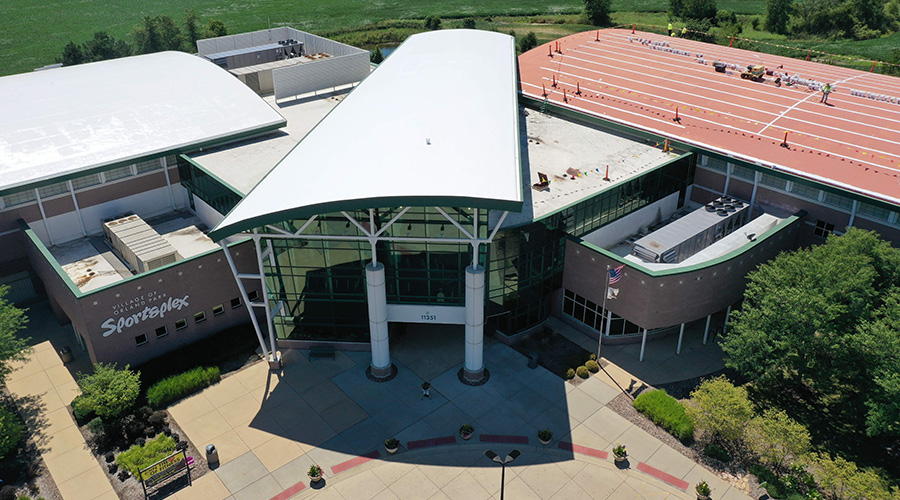 Accurately designing roofing systems is critical to contributing to total building energy efficiency and to projecting construction and maintenance costs.
Accurately designing roofing systems is critical to contributing to total building energy efficiency and to projecting construction and maintenance costs.Understanding Roof Warranty Issues Before Upgrades
Attention to design, warranties and qualified contractors up front can be the difference between success and failure
Manufacturers’ special warranties are essential considerations in project specifications as per the original design intent of the project. In general, reputable roofing manufacturers provide system specifications, typical details, and standard warranties. During the preconstruction phase, the design team and the construction manager might lend their expertise in providing project-specific considerations.
Many manufacturer’s special warranties cover both labor and materials for up to 30 years by providing a full-system warranty. Alternatively, the manufacturer provides a material warranty while the contractor provides a contractor workmanship guarantee. While specifying the manufacturer’s special warranty, it is also important to note that the design team only specify manufacturers that allow for transferring the existing warranty to a new owner.
If the existing roofing warranty has expired or is unknown, managers should consider these issues while deciding on either a new roof or a re-roof: the insurance company’s warranty requirement; the latest local, municipal, and state building codes; and the roof’s maintenance history.
To mitigate risk, the design team should indicate the requirement for project-specific roofing shop drawings during the design development phase in the project specifications. Before construction, managers should review transition details concerning the limitations of the roofing warranty.
Roofing shop drawings should show tie-in and transition details between the different building systems, including but not limited to the transition details between the wall system’s air vapor barrier assembly and each of the roofing systems. During the roof kick-off meeting, managers need to be sure to review the shop drawings and transition details specifically for warranty purposes with the general contractor, the roofing subcontractor, and the roofing manufacturer.
Related Topics:














